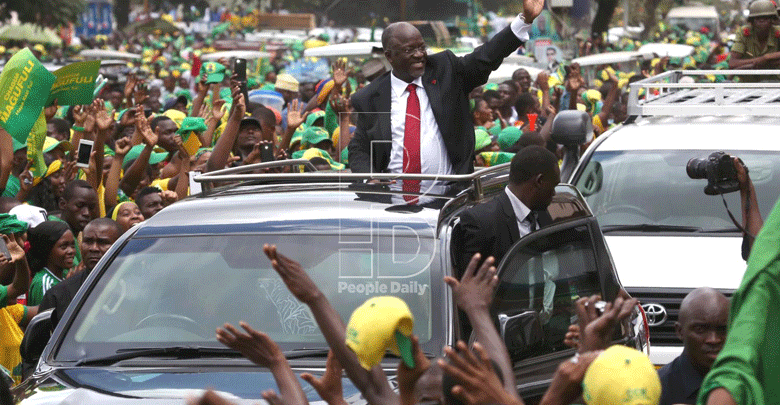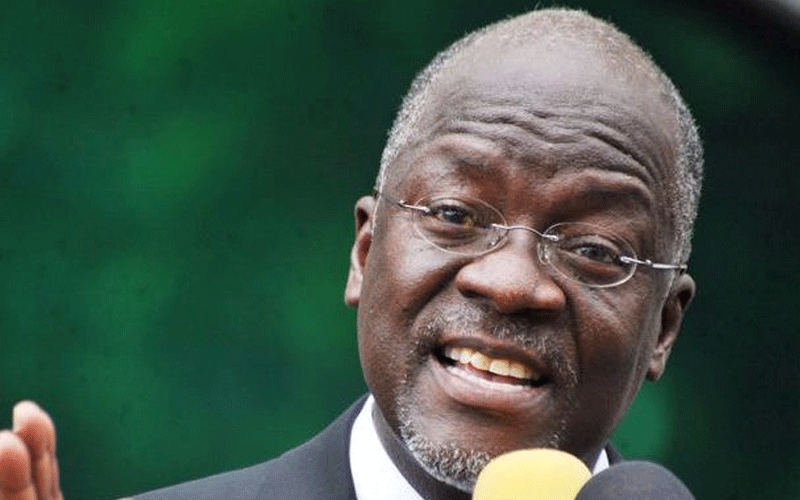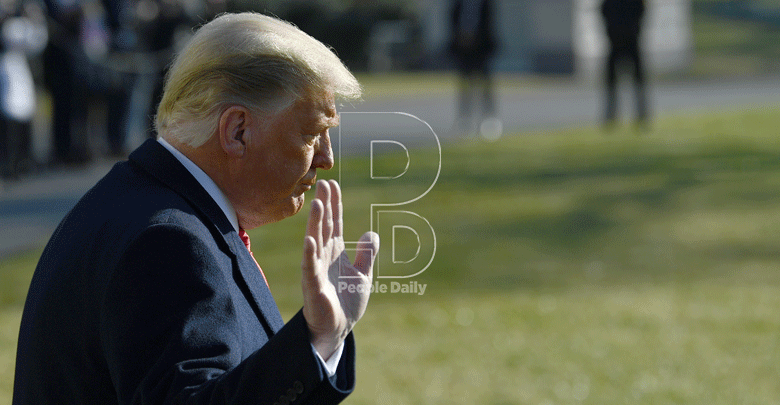Pombe: A brilliant start but ignominious end

Aikande Clement Kwayu
John Joseph Pombe Magufuli was a man who deftly played the long political game. He was nevertheless a puzzle both to Tanzanians and the world.
When he first entered the presidency in 2015, he gained worldwide acclaim for his no-nonsense approach in fighting corruption and imprudent government spending.
But as he settled into office, his true political colours – the authoritarian and “the bulldozer” of human rights – showed up.
Throughout his 20 years as a cabinet minister, he was known to be a hard worker. He also kept a corruption-free record, a rare feat given the portfolios he was responsible for.
Magufuli’s clean record, and his reputation for getting things done, became useful during the 2015 General Election campaign.
He promised to fight corruption, discipline the civil service, and create employment for the youth.
But the ‘bulldozer’ moniker went on to haunt him as he increasingly began to be seen as the man who bulldozed human rights.
In June 2015, four months before election day, Magufuli was not seen as the Chama cha Mapinduzi party’s strongest candidate.
The front runner had been Edward Lowassa, who had served as prime minister for three years under Mkapa’s successor, Jakaya Kikwete.
Lowassa was forced to resign after being caught in a corruption scandal.
Magufuli eventually won the nomination, which came as a surprise to some within his party.Mkapa quietly pushed the party to nominate Magufuli.
The former president and other party elders were for the first time advising the ruling party’s central committee on the nomination of the presidential candidate.
The “bulldozer” went on to become Tanzania’s fifth president. And two years into Magufuli’s first term, Mkapa publicly gave his performance a thumbs up. Magufuli remained neutral and that worked in his favour.
Back in 2015, when he was first elected president, Magufuli earned praise nationally and internationally.
He spent most of his first term cracking down on the opposition and cementing the ruling party’s power position.
Over the years he turned into a full-blown populist, claiming that he has the people’s interests at heart. But his subsequent actions have called these claims into question.
This included tightening the noose on the media, as well as aggressive action against opposition figures, a rise in arbitrary arrests and crackdown on civil society.
More recently, his Covid denialism has been well documented. He became more focused on cementing his power and less concerned with his election promises.
By the end of his first term in 2020, there was still much left to be done, including completing construction on a speed railway and hydroelectric dam.
Regardless, and despite a flawed election, he was re-elected in October 2020. The election was marked with violence and a systematic crackdown on the opposition.
As he began his second term, there were questions about what kind of legacy he would leave.
When speaking of his legacy, one must start with the Magufuli’s effect on Tanzania’s economy. There are mixed feelings about his economic performance.
While some assessed him positively others underscored the negative impact of his administrative style.
Magufuli’s nationalistic rhetoric scared off investors, despite his administration’s attempt to convince the world that Tanzania was a good business environment.
More recently, his denial of the Covid-19 pandemic as straight out of his nationalistic and populist playbook.
And the state violence that surrounded 2020’s general election will forever be a stain on his legacy.
Magufuli will be remembered for rolling back Tanzania’s democratic gains, making the country an unwelcome investment destination and denying the existence of the Covid-19 pandemic. — The writer is a research fellow at the University of Wisconsin-Madison











